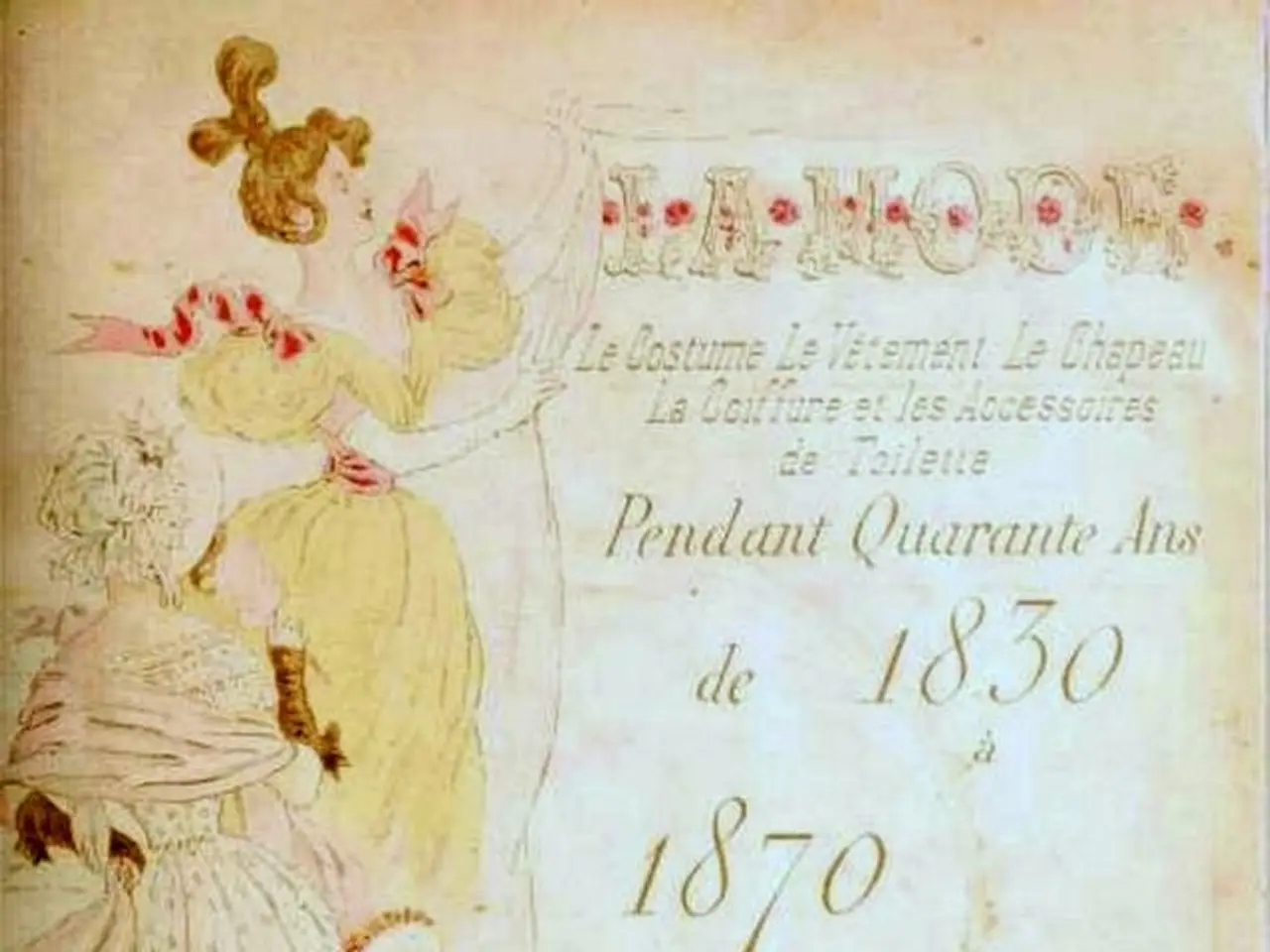Conflict Exploitation: Women as a Tool of Aggression
The historical landscape of conflicts has been marked by power struggles, destruction of social fabric, and the use of fear, intimidation, and ethno-religious animosities. These tactics have served to dominate and destabilize communities, often leaving long-lasting scars on societies.
Psychological warfare and intimidation tactics have played a significant role in undermining social cohesion, amplifying conflict intensity, and complicating peacebuilding and reconciliation efforts. By fostering divisions within and between ethnic and religious groups, these methods have deepened the conflicts and prolonged recovery.
The international response to these conflicts has evolved over time, with a growing recognition of the need for accountability and protection of vulnerable groups. However, institutional challenges and inconsistent enforcement have limited the efficacy of these efforts.
A turning point came with the adoption of United Nations Security Council Resolution 1325 in 2000, which introduced the Women, Peace, and Security (WPS) agenda. This agenda marked a significant shift by explicitly recognising women as active agents and integral participants in peace and security processes, rather than mere victims.
The WPS agenda addresses four critical issues: prevention of violence against women, women's participation in peace and security decision-making at all levels, protection of women's security and rights, and access to relief and recovery support for women affected by conflict. Over the past two decades, further UN resolutions have expanded the WPS framework, seeking to rectify structural exclusions of women and gender vulnerabilities in security policies.
The WPS agenda emphasizes applying a gender lens to conflict, recognizing that including women enhances peacebuilding effectiveness, reduces misconduct in peacekeeping, and strengthens trust in security sectors. Despite progress, challenges remain in fully integrating disarmament, demobilization, and reintegration (DDR) processes to be gender-responsive, as women combatants have often been excluded from support programs.
The evolution of the WPS agenda also reflects broader transformations in security thinking, shifting from dominance and militarized conceptions of security towards approaches incorporating emotional intelligence, empathy, collaboration, and dialogue—qualities often associated with female peacebuilders.
In summary, the historical trajectory shows a movement from conflict dynamics dominated by coercive power and social fragmentation towards a more inclusive, accountable, and gender-sensitive framework embodied by the Women, Peace, and Security agenda, which is reshaping international peace and security policies and practices globally.
Psychological Warfare is a form of abuse that targets the mind and emotions. Instances of abuse have been documented throughout history, from medieval warfare to conquest and colonialism. The psychology behind the use of abuse often involves asserting power and control, and it often leads to the destruction of social fabric within communities.
International Criminal Tribunals have been established to hold perpetrators of abuse accountable. Documentation and reporting of instances of abuse are crucial for accountability and prevention. The Women, Peace, and Security agenda is a UN initiative aimed at protecting women from the effects of war and conflict.
The international response to instances of abuse has been a focus in recent years. Despite challenges, progress has been made in integrating the WPS agenda into peacekeeping and security policies, with a growing recognition of the importance of gender-sensitive approaches.
References: 1. United Nations. (2021). Women, Peace and Security. [online] Available at: https://www.un.org/womenwatch/osagi/wps/ 2. United Nations. (2021). Security Council Resolution 1325 (2000). [online] Available at: https://www.un.org/en/sc/1325/resolutions 3. United Nations. (2021). Disarmament, Demobilization and Reintegration (DDR). [online] Available at: https://www.un.org/disarmament/convarms/DDR/ 4. United Nations. (2021). Women, Peace and Security Agenda: A Gender Lens for Conflict Prevention and Resolution. [online] Available at: https://www.un.org/en/events/wpsday/2021/resources/wps-agenda-gender-lens-conflict-prevention-and-resolution
- The tactics of psychological warfare, like domestic abuse, are forms of power plays that target the mind and emotions, often leading to the disintegration of social fabric within communities, much like the destabilizing effects seen in historical conflicts.
- To combat these abusive practices, the international community has turned to accountability measures such as International Criminal Tribunals and the Women, Peace, and Security (WPS) agenda, which promotes gender-sensitive approaches in peacekeeping and security policies, echoing the principles of unity, protection, and empowerment aimed at amending societal scars caused by conflicts.




